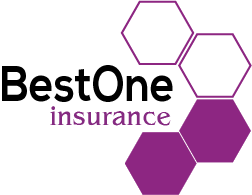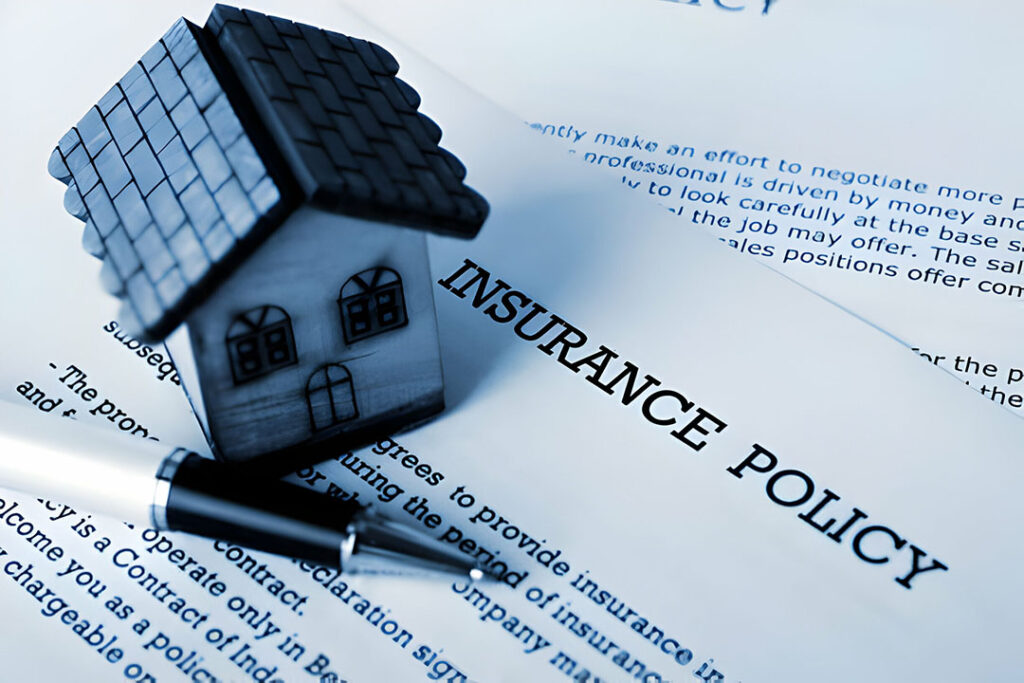Imagine this scenario: you come home after a long day at work, only to find that a pipe has burst in your basement, causing extensive damage to your home and belongings. In times like these, homeowners insurance can be a lifesaver. But what exactly does it typically cover?
Well, let’s dive into the world of homeowners insurance to explore the various areas it typically protects, from the structure of your home to your personal belongings and even liability and medical expenses. So, buckle up and get ready to uncover the mysteries of homeowners insurance because you won’t want to miss what’s coming next.
Dwelling and Structures
When it comes to homeowners insurance coverage, the subtopic of ‘Dwelling and Structures’ refers to the protection provided for the physical property of your home. This includes the main structure of your house, as well as any attached or detached structures such as garages, sheds, or fences.
In the unfortunate event of damage or destruction caused by covered perils like fire, storms, or vandalism, your homeowner’s insurance policy will help cover the costs of repairing or rebuilding these structures. It’s important to note that the coverage for your dwelling and structures is typically based on the replacement cost value, which is the amount it would take to rebuild your home from scratch.
This value differs from your property’s market value or the amount you originally paid for it. To ensure adequate coverage, it’s crucial to regularly review and update your policy limits to reflect any changes in construction costs or improvements you’ve made to your property. By doing so, you can have peace of mind knowing that you’ll be financially protected in the event of a covered loss to your dwelling and structures.
Personal Belongings and Possessions
To adequately protect your personal belongings and possessions, homeowners insurance provides coverage for the items you own within your home. This means that if your belongings are damaged or destroyed due to covered perils such as fire, theft, or vandalism, your insurance policy will help reimburse you for their value.
Personal belongings and possessions typically include furniture, appliances, electronics, clothing, jewelry, and other valuable items. However, it’s important to note that certain high-value items may have coverage limits, so you may need to purchase additional coverage or riders to fully protect them.
Homeowners insurance also provides coverage for your personal belongings, even when they are outside of your home. For example, your insurance policy may still provide coverage if your laptop is stolen from your car or your luggage is lost while traveling. However, there may be limits to this coverage, so it’s important to review your policy and consider additional coverage if needed.
When filing a claim for damaged or stolen belongings, it’s essential to provide documentation of the items and their value. This can include receipts, photographs, or appraisals. Keeping an updated inventory of your personal belongings can also be helpful in the event of a claim.
Liability and Medical Expenses
If someone is injured on your property or you accidentally cause damage to someone else’s property, homeowners insurance can cover liability and medical expenses. Liability coverage helps protect you financially if you are found responsible for someone else’s injuries or damages.
For example, if a guest slips and falls in your home, your homeowner’s insurance may cover their medical expenses, including hospital bills and rehabilitation costs. It can also help cover legal expenses if the injured person decides to sue you. Additionally, if you accidentally damage someone else’s property, such as breaking a neighbor’s window with a baseball, homeowners insurance can help cover the cost of repairs or replacement.
However, it is important to note that there are limits to the amount of coverage provided by homeowners insurance. Reviewing your policy and understanding the specific limits and exclusions is essential to ensure you have adequate protection. Sometimes, you may consider purchasing additional liability coverage or an umbrella policy to provide extra protection.


